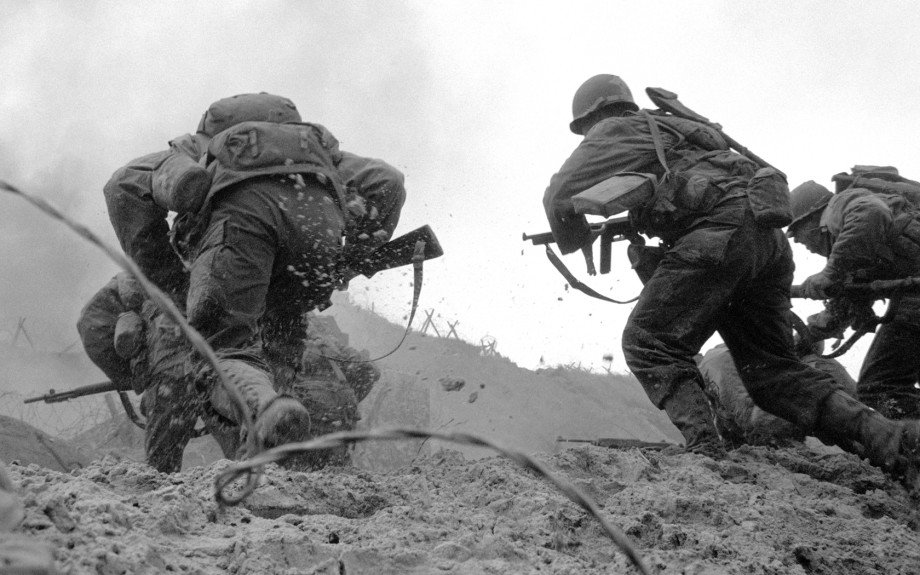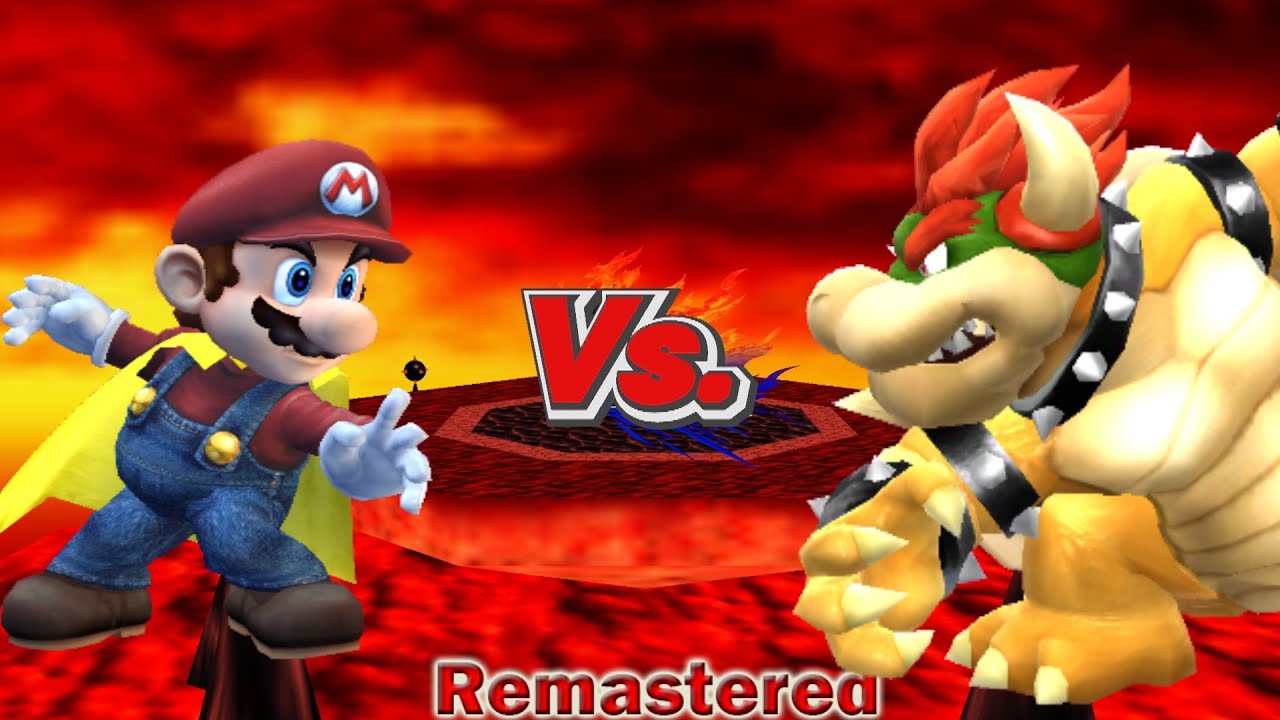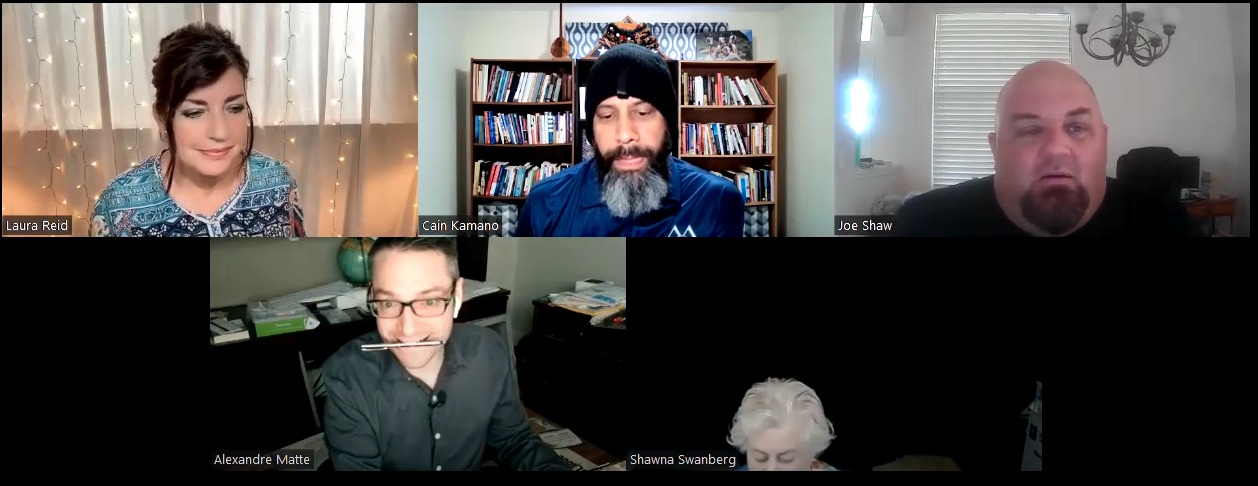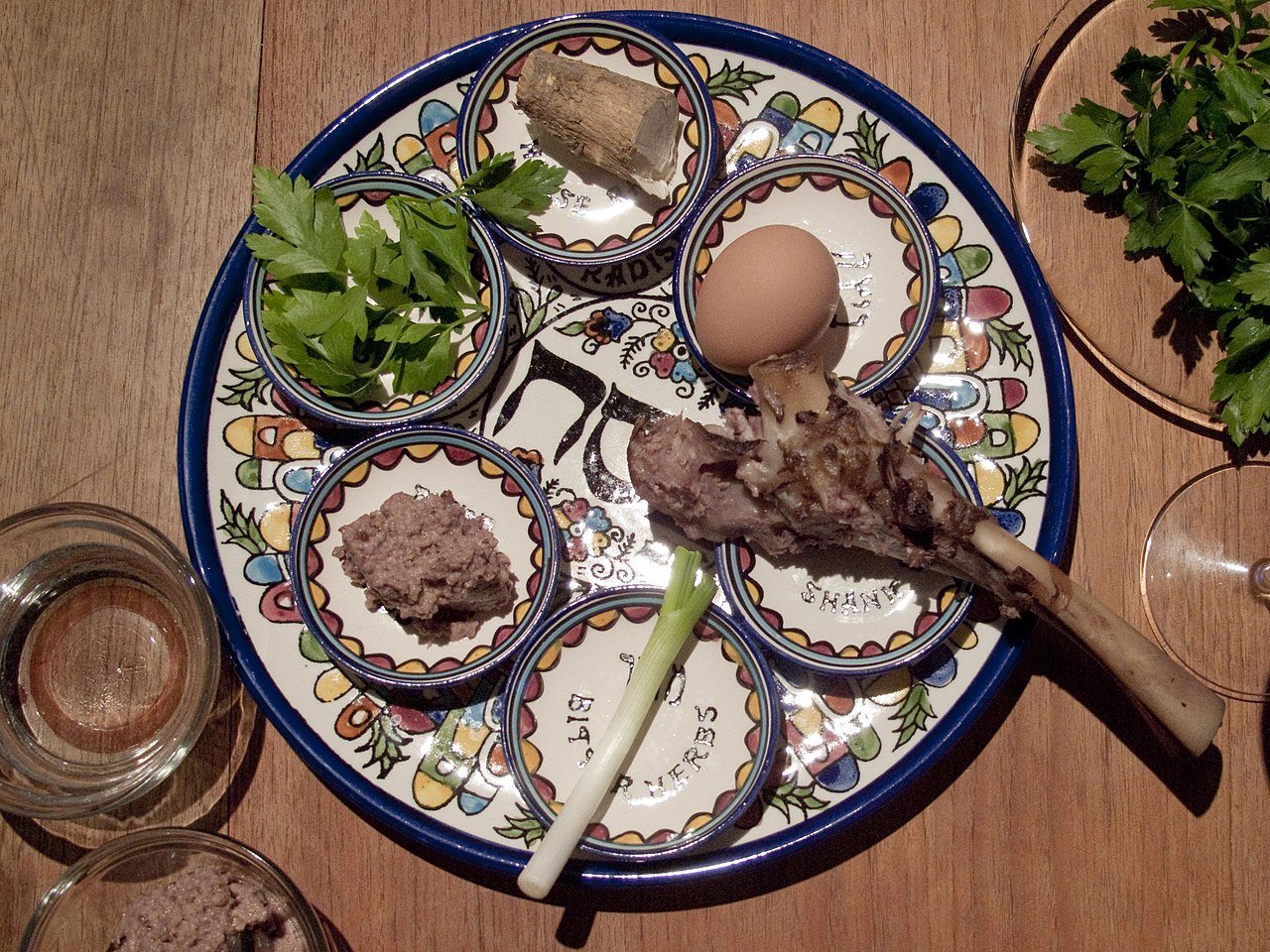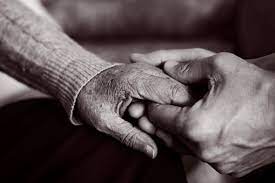You’ve read the rest of the Fondue Writer’s Free Fiction Valentine’s Day stories. Now, it’s time to suffer through mine! Hold onto your goetta, folks. This one’s a doozie.
*** *** *** *** *** *** *** ***
SETTING: A small restaurant. The dinner patrons have just finished eating their meal and have settled into conversation. The waitress drops off the last of the drinks as Kevin, who is just hitting his stride, launches into another story to the enjoyment of his friends.
KEVIN: So I went out with Beth the other night.
ADAM: Was that the girl you met at Mike and Melissa’s Christmas party?
KEVIN: No. That was Chrissie. This was Beth, the blind date my cousin set me up on.
JOSH: Whatever happened to Jaime? Did you guys break up or something?
KEVIN: Not really. It just didn’t work out.
MIKE: What happened?
KEVIN: She had a mole and that wrecked it for me.
ADAM: A mole?
MIKE: (sarcastically) Oh no, Kevin … Not a mole!
ADAM: Moley Moley Moley Moley …
JOSH: Come on, now, Kevin, you have to look past these kinds of things. It’s the twenty first century. Society is evolving. Be a bigger man.
ADAM: Right, and besides, those women are all the rage in Borneo and Sri Lanka these days. Were you to move there with the lovely, mole-faced Jamie as your wife, you’d be a king!
MIKE: I once dated a woman who had Fred Flintstone feet and I learned to put up with it.
KEVIN: Fred Flintstone feet?
MIKE: Yeah. She had only four toes. All of them were normal at the base but spread out into a thin, flat circle around the toenail. They looked like little hammerhead sharks. And her feet looked more like flippers than normal feet.
JOSH & KEVIN: Wicked.
MIKE: She had some trouble walking straight, but get that woman into a pool and there was no stopping her.
JOSH: That’s nothing. My ex girlfriend had a moustache.
KEVIN: No.
JOSH: Yessir. Big and bushy as could be. She tried to shave it off in the morning, but the five o’clock shadow was there by noon. If she let it go for a couple of days, she looked like Tom Selleck.
KEVIN: Really?
JOSH: Yeah. Well … Tom Selleck with breasts.
ADAM: You had it easy. My ex fiancé had Tourette’s syndrome.
MIKE: What’s that?
JOSH: That’s where you inadvertently scream obscenities in public for no good reason.
KEVIN: Doesn’t your mother have that, Josh?
JOSH: No. She’s just mean. She’s always yelling at my brother and me, and I’ve never understood it. It’s not like we accidentally set the neighbor’s garage on fire when we were kids. We knew what we were doing.
KEVIN: That sure was a beautiful flame.
JOSH: Yessir.
MIKE: You could see it for miles around.
ADAM: Well my ex fiancé’s Tourette’s was real. Imagine my embarrassment when I bent down on one knee to propose marriage and, in her excitement, she let out a string of obscenities just as a a bunch of kids walked past.
MIKE: Did she say yes?
ADAM: Of course! And the restaurant manager was so impressed with my demeanor, he took my picture and put it on the wall.
KEVIN: So how come you never got married?
ADAM: We had political disagreements.
JOSH: Was she one of those brainless libs?
ADAM: No.
MIKE: A right wing nut job?
ADAM: No.
KEVIN: What was it then?
ADAM: I caught her sleeping with the mayor.
MIKE: That’ll do it every time.
ADAM: How was your date with Beth, Kevin? Was it a smashing success as usual?
KEVIN: Mostly. It started out great, but I ran into some problems about halfway through.
ADAM: What happened?
KEVIN: I had it all planned out. I picked her up in the Beamer, greeted her with a massive bouquet, and I made sure there was a bottle of wine waiting for us at the restaurant.
MIKE: Classy.
JOSH: You bought her flowers? She must be hot. I never buy flowers on the first date.
ADAM: And it’s a wonder you’re still single.
JOSH: You’re already paying for dinner. Flowers on top of that is a lot of money for someone you might never see again.
ADAM: Dude, you’re hopeless.
KEVIN: We ordered dinner and did the chick talk-y thing. (pasue) The problem was I had bad gas building up for over an hour, and of course I couldn’t just beef right there at the dinner table.
ADAM: (looking at Josh, as though explaining something to a child) That’s because it’s not considered good date etiquette, Josh. Make sure to write that down.
JOSH: Shut up.
ADAM: Assuming, of course, you succeed in bribing somebody to go out with you again.
JOSH: Shut up!
KEVIN: Or if the Russian brides website takes you off their permanent ban list.
JOSH: Hey that was a misunderstanding. Customs laws are more complicated than you think.
(beat)
KEVIN: When she excused herself to powder her nose, I took advantage of the opportunity and let one fly
ADAM: Of course!
KEVIN: But, I gambled and lost.
MIKE: You what?
KEVIN: Like I said, it was a lot of gas. One of those farts where you can’t tell if it’s going to be an actual bathroom incident or just hot air.
ADAM: And?
KEVIN: It wasn’t just air. (they laugh)
JOSH: So what did you do?
KEVIN: The only thing I could do. I ran to the bathroom, finished up, tossed my underpants in the trash, and made it back to the table before she did.
ADAM: You threw out your underwear in the middle of a restaurant!
KEVIN: Yep. Went commando the rest of the night.
JOSH: And she never suspected it?
KEVIN: No. I had a fresh glass of wine waiting for her when she returned.
JOSH: So the date was a success, then?
KEVIN: More or less. We had a good time, but I don’t think we’ll go out again. She’s a redhead and you know how I feel about redheads.
(The remaining men groan)
MIKE: You’ve gotta get past this redhead thing, man. Just because one or two of them were crazy …
JOSH: … Or three …
ADAM: … Or four …
MIKE: It doesn’t mean they’re all bad.
JOSH: Right. You don’t want to be prejudiced against redheads, now.
KEVIN: I’m not prejudiced, but I do do percentages and averages. Of the 5 redheads I’ve dated, 4 of them were nuts. I’m talking full tilt bozo, if you know what I mean.
ADAM: What about the other one?
KEVIN: She became a nun.
(they all laugh)
JOSH: Hey, speaking of crazy people, did you guys hear about the kid that got lost at the Taste of Orlando festival last week?
ADAM: What about him? Kids get lost at those things all the time.
MIKE: Some get lost for good.
KEVIN: Yeah, that’s that survival of the fittest thing, right?
MIKE: No. I don’t think that applies to humans.
ADAM: Yeah. I think you have to be a fish or a duck or something like that.
MIKE: My cousin looks like a duck. Does that count?
ADAM: I don’t know. Maybe.
KEVIN: Well if anybody was ever naturally selected for extinction, it was my cousin Joey. He went on an all-beer diet to try to lose weight.
JOSH: Sounds interesting.
MIKE: Tell me more.
ADAM: I like the cut of his jib!
KEVIN: I told him he was nuts, but he disagreed. “Beer is nutritious,” he said. “You see bums drinking it all the time. It’s like Ensure™ for homeless people.” (pause) So he spent a month consuming nothing but beer.
JOSH: What happened?
KEVIN: He died of cirrhosis.
ADAM: Oh, Kevin. I’m sorry.
KEVIN: That’s ok. I never liked him anyway.
MIKE: Why not?
KEVIN He was really into golf and that just got on my nerves.
JOSH: That’s strange.
KEVIN: The week before he died, he attacked me with a five iron.
ADAM: That’s understandable. He was probably hammered out of his mind.
KEVIN: It was my five iron.
EVERYONE ELSE: Oh.
KEVIN: I haven’t been able to hit a decent chip shot since.
JOSH: So this kid shoes up at the police tent at the Taste of Orlando saying he can’t find his mom, right? The cops figure someone will show up in a few minutes, all scared and apologetic like most parents would.
MIKE: My mom thought she lost me at a department store when I was a kid. She lost her mind.
ADAM: Yeah, but you’re mom’s always been crazy.
MIKE: She wanted to kill me when she found out I’d been hiding in the women’s changing room but, when she saw the four hundred pound woman who’d been trying on bras walk out of the room I’d been hiding in, she figured that was punishment enough.
KEVIN & ADAM: (shudder visibly)
JOSH: So this kid sits in the cop tent all day long and his parents never show up. The cops had to take him back to the station and he stayed there for eight days before they found out who he was.
MIKE: That reminds me of the movie “Joe Dirt.”
ADAM: At least he ate well for a couple of days, though.
KEVIN: His parents probably got confused and went to the “Taste of Crack” festival a few blocks over.
JOSH: It’s amazing. You have to get a license to fish, but you can have as many kids as you like no matter how dumb you are.
MIKE: Yeah, but if you catch a bad fish, you can always throw it back.
ADAM: DUDE!
MIKE: What? All I’m saying there’s a difference between fishing and raising kids.
KEVIN: It’s like apples and oranges.
JOSH: Or cheese wheels and roller coasters.
MIKE: Exactly.
ADAM: What happened to the kid? Did he go back to his parents?
JOSH: I don’t know. The story went on to page ten and I didn’t feel like flipping that far into the paper. Besides, all I really wanted to do was see the line on the Super Bowl.
MIKE: That reminds me. Are you guys up for watching the hockey game this weekend at my place?
JOSH: Sure.
KEVIN: Nah. If I wanted to see toothless men beat each other senseless with sticks, I’d go to my family reunion.
ADAM: I can’t.
MIKE: Why not?
ADAM: I have to do community service this weekend.
KEVIN: Did your neighbors catch you peeing in their flowerbed again?
MIKE: How many times have we told you to stop that?
ADAM: That’s not it.
JOSH: Right. His neighbors will never catch him. He’s too stealthy.
MIKE: Er something.
ADAM: I got arrested for shoplifting.
KEVIN: You what?
ADAM: Yep. They took me downtown. Booked me and everything.
MIKE: What did you do, Adam? (spoken like the line “What did you do, Ray?” in Ghostbusters)
ADAM: Well I was out at the mall last Saturday, looking for a new pair of sandals. My old pair is starting to pull apart at the seams and the strap cuts into my foot.
KEVIN: Oooh. I hate it when that happens. I once cut my foot on my sandals when I was at Cedar Point. By the time I got home I was limping like Quasimodo.
JOSH: I thought he had a hunchback, not a limp.
KEVIN: He had both. I think the two are connected.
JOSH: Oh.
ADAM: I was standing in Abercrombie and Fitch, when I noticed this smoking hot chick standing a few rows over. I’m talking long, brown hair and a gorgeous figure.
MIKE: Now this is getting interesting.
KEVIN: Tell me more.
JOSH: I like the cut of his jib!
ADAM: She has a t-shirt in her hand and she looks around real fast, like she’s checking to make sure nobody’s watching. Then she starts rolling up the t-shirt.
KEVIN: Uh oh.
ADAM: She looks around again to see who’s watching, and then stuffs the t-shirt in her purse.
KEVIN: (shaking his head) That’s what they get for charging $150 for an “all cotton tee.”
ADAM: Right then, I’m thinking maybe this was just a strange way women like to shop. Like it keeps their hands free or something. But I changed my mind when she walked out of the store.
JOSH: So how does this get you arrested?
MIKE: Yeah?
ADAM: Well I figured this was my chance, so I ran out after her and grabbed her elbow. “Undercover security, m’am,” I said. “Step this way, please?”
MIKE: Oh, that’s genius.
ADAM: She’s freaking out. She hands me the shirt from her purse and starts walking back to the store, thinking I’m going to call the cops on her. But I say, “Wait a minute. We don’t have to go through all of that. I’ll let you off with if you promise never to do it again. And if you go to dinner with me.”
JOSH: Beautiful.
KEVIN: Well played, sir!
ADAM: She handed me her driver’s license and I was halfway through copying her address and phone number when I felt a hand on my arm and heard a voice say, “Undercover security, sir. Could you step this way, please?”
MIKE: D’oh!
ADAM: I looked behind me and saw three security guards standing there. I looked back to the girl, but she bolted. She left me standing there with the shirt she’d stolen. They called the cops, I got nailed for shoplifting, and now I have to do 100 hours of community service.
KEVIN: That sucks, dude.
ADAM: It’s not all bad. I did get her number, remember.
JOSH: You didn’t call her, did you?
ADAM: I sure did. We’re going out next weekend. She’s picking me up after my morning of court-ordered, roadside trash collection.
KEVIN: That sounds … romantic?
ADAM: I think so.
JOSH: So, Mike, what’s this big news you want to tell us?
KEVIN: Yeah, what’s going on?
ADAM: Right. We’ve been waiting all night for you to tell us. Speak up!
MIKE: Well. You know how Melissa and I have been dating for almost a year now? You know how I’ve been saying we were meant to be together and all that, right?
ADAM: Is this what I think it is?
JOSH: Mike and Melissa finally broke up.
KEVIN: YES!
JOSH: Welcome back to the fold, my brother. Don’t worry. The pain will go away after the first couple of months.
KEVIN: Right. Take it from him. He’s a pro. He’s wrecked hundreds of relationships.
MIKE: No. We didn’t break up. We’re getting married.
(a long moment of shocked silence)
ADAM: Really?
MIKE: Yes.
KEVIN: Like … married married?
MIKE: Uh-huh.
JOSH: What? Did you lose a bet or something?
MIKE: No.
ADAM: When did this happen?
MIKE: Last night. We went out to dinner, and then we went for a walk next to the lake. I proposed and she said yes.
ADAM: This is gonna change everything.
KEVIN: Don’t you wanna hang out with us anymore?
MIKE: Yeah, I like hanging out with you guys. It’s great to sit here and tell stories over a few drinks, but there has to be a bit more to life than just that. Haven’t you guys ever thought there was something more than this?
JOSH: No.
ADAM: No way.
KEVIN: I know what you mean. It’s like when you’re playing Super Mario Brothers. You get all the way to the end and then King Koopa shoots you with a fireball. You die again and again, but then one day you beat the game. Then you sit back and you say, “What am I gonna do now?”
JOSH: Oh. Hey, yeah. I get it.
ADAM: That’s why they made Super Mario two.
KEVIN: And part three.
ADAM: And Mario Cart!
JOSH: Oooh. I love that game.
KEVIN: Me too. I like the part where…
MIKE: No. Getting married is not like beating a video game.
ADAM: (very surprised) It isn’t?
MIKE: No. It’s like…like meeting an old friend for the first time. Or finding an answer to a question that’s haunted you. It’s not something you can describe, really. That’s what Melissa is to me. Indescribable. She’s that something I’ve been looking for. I love her. I want to spend the rest of my life with her. So we’re getting married.
(more silence)
ADAM: Really?
MIKE: Yes … really. Why is it so hard to believe?
JOSH: I don’t know. It’s a shock, I guess.
ADAM: But … it’s not a bad thing.
JOSH: Yeah. It’s kinda cool.
ADAM: One of the crew, finally tying the knot.
KEVIN: I guess that means there’s hope for the rest of us.
MIKE: Well, maybe not.
KEVIN: Why do you say that?
MIKE: You’re the one who dated a girl with a Tom Selleck moustache, right.
KEVIN: So?
ADAM: Yeah? What’s wrong with that?
(they all look at him with genuine looks of confusion)
MIKE: Nevermind.
(pause)
JOSH: Hey. You know what this means, right?
ADAM: Oh yeah, baby!
ALL (minus Mike): Bachelor party!
ADAM: This one time I was at a bachelor party where the best man took the groom and all of his friends to a bar for some midget tossing. It was awesome!
MIKE: I don’t think that’s a good idea.
JOSH: Whatever, dude. Midget tossing is a classy sport in all those Eastern European countries. They had a special on ESPN 8, and The Ocho never lies.
KEVIN: Didn’t you start your own backyard wrestling league because The Ocho said it was “all the rage? “
ADAM: That’s how you got that concussion, right?
JOSH: Alright. So they lied to me once. They won’t do it again. I trust them.
MIKE: I’m the one getting married, and I don’t think midget tossing is …
KEVIN: We’re the ones planning the party. If we say its midget tossing, then midget tossing it is.
ADAM: We could film it and made our own DVD.
JOSH: Yeah! We could call it “Mike and the Midgets” or maybe just “Mike and Midge” for short. We’d want to save money on printing, so the less words the better.
KEVIN: This is gonna be sweet. I can’t wait!
(Mike lowers his head, shaking it slowly, while everyone else cheers with excitement)
**** **** **** ****
If you fell in love with this one, why not give some of the other authors a chance as well. Check out the sites for ALL of the Fondue Writers: Joseph Courtemanche, Jamie D. Greening, Kathy Kexel, Derek Alan Elkins, Rob Cely, and Dr. Paul Bennet. If you like what you see, why not pick up a few copies of their books? It covers the cost of everything, and it gives us hope in those long, dark nights when we’re dreaming up new stories, that Christmas miracles really do come true.
You might also consider our first collection of short stories, The Covid Quarantine Catina, written during the first months of the Covid-19 lockdowns. It’s available in Kindle, Paperback, and Audio formats.
Rob Cely will be back to close out our Valentine’s Day Explode-A-Ganza on Monday. Until then, remember that what happens in Vegas Stays in Vegas, Cats always land on their feet, and babies cry less when they sleep on their stomachs … so long as you don’t break anything. .


